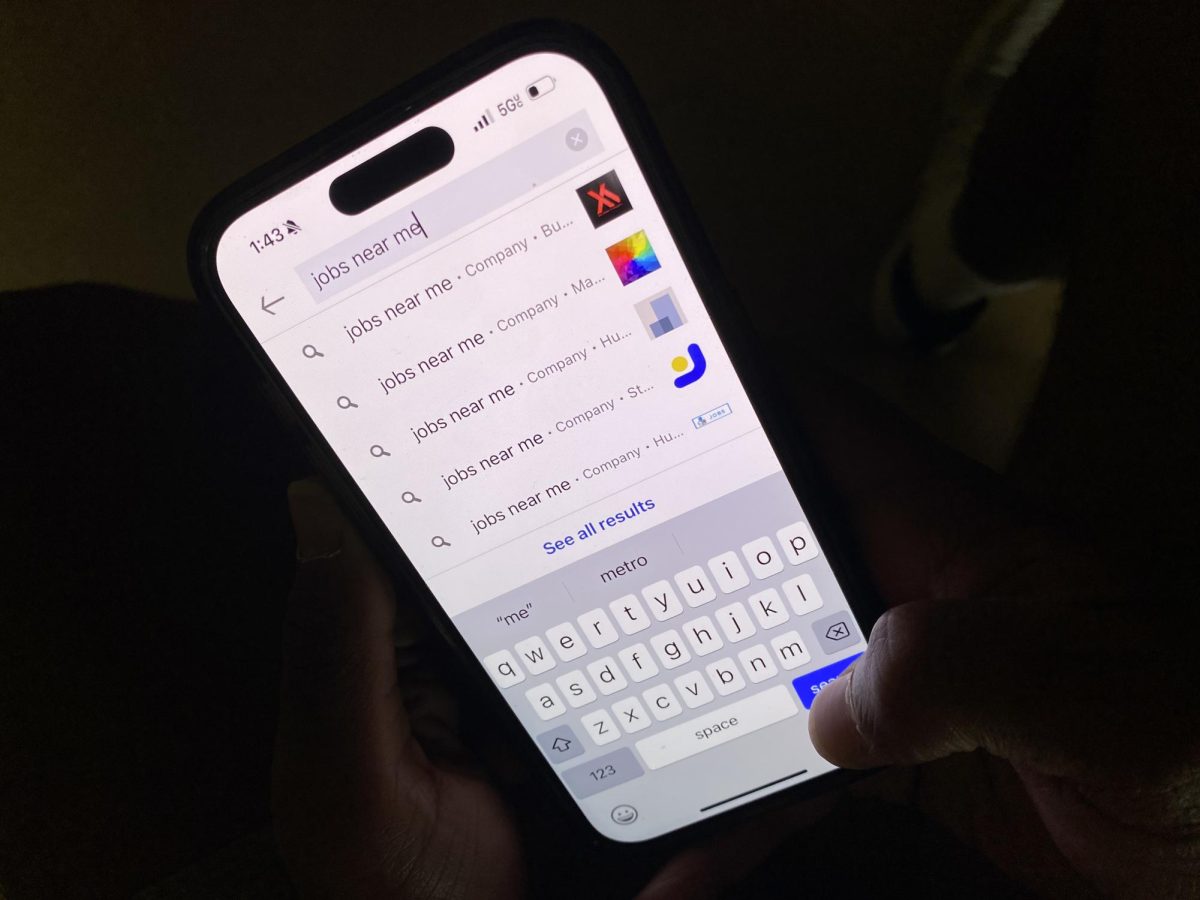People say the same thing every year: new year, new me. People want to have a fresh start, a clean slate, a refresh where they aim to achieve all their goals, dreams, and hopes of improving their lives and themselves as people. Most people come up with “New Year’s resolutions” where they set specific goals to improve the aspects of their life in the new year. While this may seem like a good thing, the sad reality is that according to CNN, only 18% of people will achieve all their resolutions and stick to them.
January 19 is called Quitters Day. Most people give up on their New Year’s resolutions on this day. Why is this? According to the Harvard Business Review, these are the top three main reasons why people don’t achieve their goals and resolutions: people don’t change anything to achieve their goals, making it seem impossible to achieve them; they don’t have a proper plan to achieve their goals; and then they never end up taking any action on their goals. To solve these issues, you have to set a SMART goal. To achieve your goals, according to Harvard Health, you need to set SMART goals and change something about yourself according to your goal. A SMART goal is something that is 1. Specific 2. Measurable 3. Achievable 4. Realistic and 5. Timely.
I talked to various students and teachers at Seven Hills to see if they are setting SMART goals for 2024. Then I asked the people who had set SMART goals if they would achieve their goal, and I asked the people who did not set SMART goals how they would change their approach towards their goal to achieve it.
Librarian Gail Bloom said, “New Year’s resolutions are something that people never stick to.” Bloom said that her resolution was to improve her health and start eating more healthily. Unlike most people, Bloom had a plan to achieve her goal by making sure that she exercised more, planning out the days she would be exercising, and keeping track of what she would eat. Her goal is to feel more healthy by the end of this year. Her goal is achievable because she has taken steps to achieve it, which is specific, realistic, and timely. She has checked off all the boxes of setting a SMART goal. When asked whether she thought that she would achieve her goal, she said: “Yes, I think I will because I have a plan for my goal and am determined to achieve it.”
History teacher Kyla Morgan Young said, “My resolution is getting to bed earlier.” She said that “goals should be for yourself and that setting goals is a good way to keep yourself on track and keep up with yourself and your personal life.” Dr. Young has taken action on her goal and has set an alarm so that she can take steps to achieve and execute her goal. This is also a SMART goal because it is realistic, timely, achievable, specific, and measurable.
Senior Avi Majhan said he doesn’t “really do New Year’s resolutions.” When asked about one goal he had, he said it was to “win state for tennis.” His plan for achieving his goal is to practice every day and have the mentality to get better and win. Avi has set a SMART goal for himself. He has a specific goal, to win state, which is achievable because the tennis team won a state championship last year. On top of that, he is also an amazing player. His goal is realistic because it is possible for him to be a college commit for tennis, and it is timely with a date at the end of the tennis season. He plans to practice every day, keep on improving especially on the basics, and keep in check with his mentality and health. His goal is measurable by keeping track of his performance during his practices and how he performs in matches and tournaments.
Sophomore Eleanor Kohnen set a goal for herself to complete her homework more efficiently while keeping up the accuracy of her work. Unfortunately, she has taken no action steps toward the goal, does not have a specific plan, and has not checked off any boxes on the SMART goal system. She said that if she did not make any changes to her approach to her goal she probably would not achieve it.
Students and teachers who have set SMART goals for themselves seem to be much more confident that they will actually achieve their goals compared to students and teachers who did not. This is most likely because when plugging into the SMART goal system, you automatically have a higher chance of achieving your goals. Remember that nothing changes if nothing changes. You have to take action and set SMART goals if you want to achieve your goals. Your mindset (beliefs, attitudes, perceptions, ideas, and views) about your goal is a big factor in whether you will accomplish your goal. Setting SMART goals will help you achieve your goals faster, and better and you will have a higher chance of achieving your goals compared to people who did not set SMART goals.






















